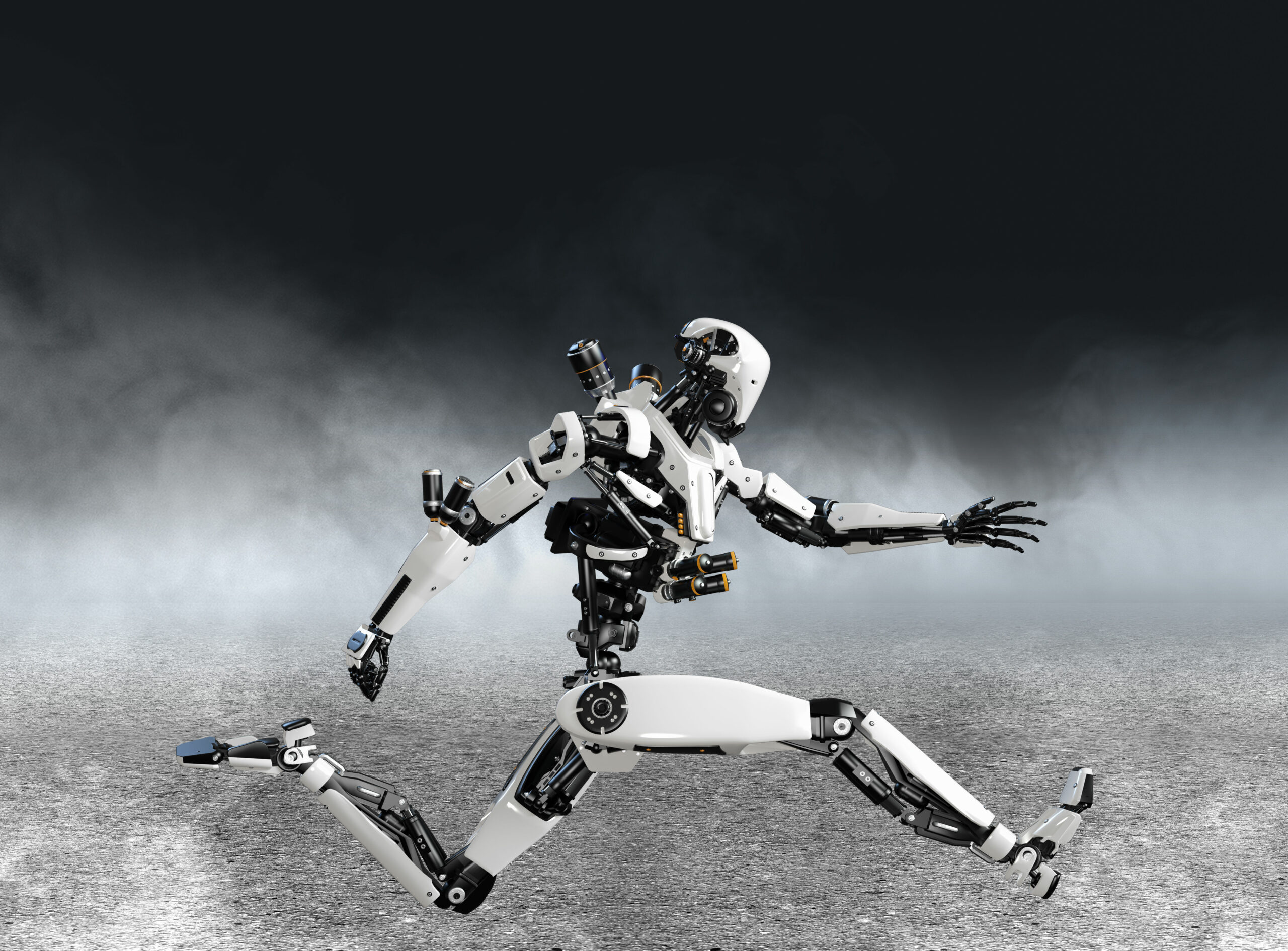In recent years, AI and machine learning services have dramatically changed how we consume and analyze sports. With real-time analytics, AI is making the world brighter for athletes, broadcasters, advertisers, and viewers. Among other benefits, one of the most popular applications of modern AI is sports prediction and advanced decision-making.
With the advent of new technology, every aspect of human life has changed. Everything is now digital and available on digital platforms such as smartphones and tablets. With AI and machine learning services, businesses collect data and generate insights to offer their customers a more personalized experience.
Like any other industry, the sports industry is also unlocking the potential of AI application development services.
AI has revolutionized team meetings with more accurate competition analytics, coaching consultations with more accurate trends, and TV screens with quicker highlights. Not only that. Real-time game data help players choose the right approach and alert them to potential performance drops or injuries.
AI is creating a more innovative path to winning sports for everyone, from athletes to broadcasters. Sports technology has become prevalent so that players can show their highest potential.
In this piece, we look at how sports are evolving in the age of artificial intelligence and speculate on what the future may hold as technology continues to grow while keeping in mind that it is the human element that makes sports so dynamic.
What benefits should sports organizations, players, officials, and television broadcasters consider when considering artificial intelligence? Applications of AI in the sports industry
Below are a few significant AI applications in sports with examples of real-world applications:
Improving player performance and health
Fitness and well-being are critical components of every activity, and professional and amateur athletes who want to assess their performance and manage their health appreciate wearable devices with AI capabilities.
Smart wristbands, inertia sensors, local and global positioning systems, linked shoes, colorful apparel, and heart rate monitors are among the most popular devices. They all have similarities: they provide players with crucial data by tracking their movements and documenting numerous physical characteristics during training, activities, and competitions.These tools can track various performance indicators, including the number of calories expended, the distance a runner or soccer player covers, and more. They can also pay attention to the minor changes in more physically demanding sports, such as boxing. But these gadgets can provide statistics and give athletes tips on how to organize their workouts and help them create personalized diet programs.
Making it easier to recruit top talent
We are witnessing a new level of data analysis in the sports business due to breakthroughs in artificial intelligence and machine learning. AI can now build a successful game-day plan, generate new ideas, and assist teams in hiring the finest staff. It is predicted that in the future, such algorithms will understand several complex sports even better than a human expert.
By implementing artificial intelligence mobile app development services into its scouting and recruitment toolset, sports teams are tightening the regulations and enhancing competitiveness. Every action on the field, including player movements and body alignment, is tracked to select the best option.
The sports industry may use machine learning algorithms to gather data and analyze the talents and potential of athletes in various playing categories. This improves player recruitment capabilities and gives nations a strong and healthy roster to achieve the unattainable.
Sports predictions
AI significantly influences coaches’ tactical decisions before and during a game. One famous example is baseball. Computer analysis by the front office now influences player placement decisions as much as the manager’s experience against opposing clubs. Tennis serves, curveballs, forward passes, free kicks, and hundreds of other analogous activities may be measured directly by AI technologies. Using a mix of wearable sensors and high-speed cameras, they also consider the motions and positions in the space of the players who perform them. With all this information, coaches can better prepare athletes for competition.
In addition, AI can predict the likelihood of success of alternative playing strategies. For example, some soccer coaches are increasingly using AI to help them decide which play to choose during a match.
Changing the experience of sports fans
Thanks to AI, sports fans feel more engaged and approachable to the game, whether at the stadium or on TV.
Producers and broadcasters are now using AI algorithms to create automated, customized, and more appealing content. AI can automatically compose the most intriguing moments in real time by learning the players’ movements and the audience environment instead of manually annotating each play. This helps the media persona immediately share game highlights on social media platforms and improves user interaction to tailor future user experiences.
With artificial intelligence systems, viewers can influence how they follow the game: they can follow their favorite players or even choose different angles to shoot. In addition, AI is now being used to provide in-depth feedback and analysis. For example, viewing each player’s shooting accuracy at any given moment in a basketball game takes a few seconds.
Automated sports news
Sports news is viral among fans. They want to hear every little bit of information about their favorite sports. With AI platforms, sports professionals can capture every detail, every piece of news, and present it to their audiences.
AI has simplified everything in the sports journey.
For example, modern cameras at sporting events can also cull highlights of the game for broadcast to television networks or mobile devices. AI capabilities now include printing. A natural language system has been created to turn unreadable raw data from minor league baseball games into understandable stories. Thanks to this, news providers have improved their reporting abilities and are providing their audiences with more details.
The future of artificial intelligence in the sports industry
Artificial intelligence is undoubtedly affecting sports by gathering information across all technology applications. It’s difficult for any enterprise to stay up-to-date and constantly track cutting-edge products to solve problems in complex scenarios as improvement spreads across all parts of the robust space.
To help athletes and sponsors, many AI ML solution providers offer artificial intelligence systems that support the sports industry.
The immediate impact of artificial intelligence on the sports business has manifested itself in several new ideas aimed at improving engagement and performance. As long as artificial intelligence’s capabilities expand, it will play an important role in sports marketing.
How can GREY CLOUD SERVICES – FZCO help you with AI application development services?
GREY CLOUD SERVICES – FZCO can help your business solve problems, automate tasks and better serve customers. Contact us to unlock business opportunities with innovative AI-based solutions.




